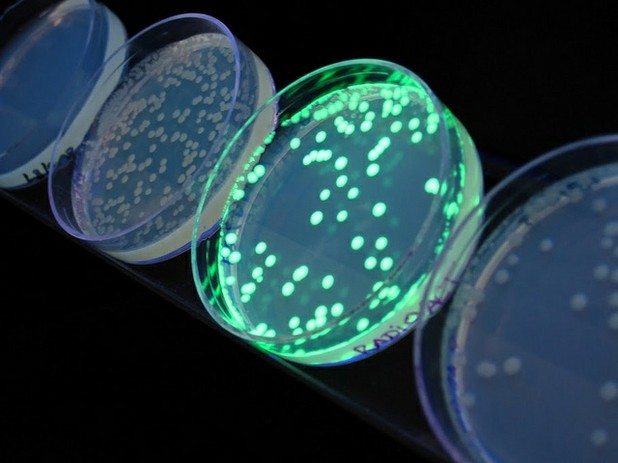- Story Highlights
-
- Analgesics: Scientists say they're working on new pain relievers based on a marijuana like molecule endogenous to the brain.
- Not Addictive: Anandamide based pain killers won't have the same addiction and sedation risks as today's strong opiate based analgesics.
Scientists Working on Potent Non Addictive Analgesics Based on Marijuana-Like Chemical in the Brain
Need pain control but not sure about taking more opiates? Well, Italian and American scientists are working on a solution and they say that manipulating the activity of one of the body’s endogenous chemicals may prove the key to non-addictive pain control medications in the future.
It’s called anandamide, it’s produced naturally in your own brain and when it goes into action it makes everything seem a little bit better…
Coming out of the brain’s endocannibanoid system, anandamide causes effects similar to THC in marijuana – suppressing feelings of anxiety, depression and pain.
Scientists at UC Irvine and wondered if altering the activity of anandamide in the brain would influence the effects, and so they blocked a transport enzyme in brain cells that normally transports the anandamide to areas where it is degraded and destroyed by other fatty acid enzymes.
They found that by blocking the transport of anandamide to ‘destruction areas’ they were able to increase the potency of certain anandamide effects, notably increasing the analgesic effects without increasing intoxication-like effects. They were able to up the pain relief component without causing a high, such as would be seen if a person consumed another similar compound, like THC.
Due to the promising results of the research study, the scientists involved say there’s real potential here to develop potent analgesic medications that evade the sedation, addiction risks and other CNS side effects seen in virtually all strong pain killers on the market today.
Lead researcher, UC Irvine Neurosciences Chair Daniele Piomelli commented on the significance of the findings, saying, "These findings raise hope that the analgesic properties of marijuana can be harnessed for new, safe drugs. Specific drug compounds we are creating that amplify the actions of natural, marijuana-like chemicals are showing great promise."
The full research results can be read in Nature Neuroscience


